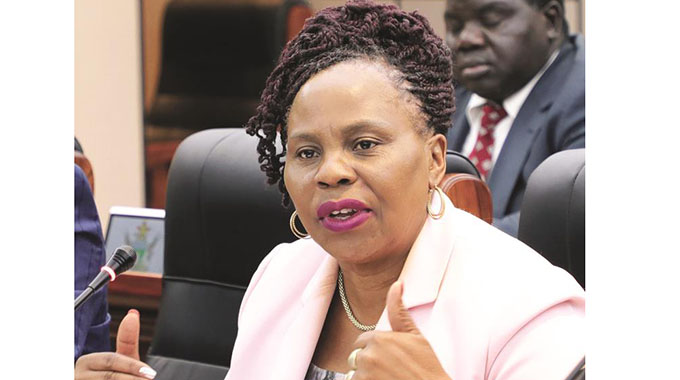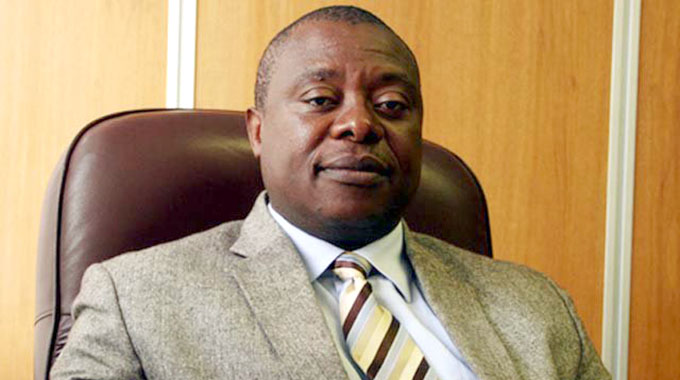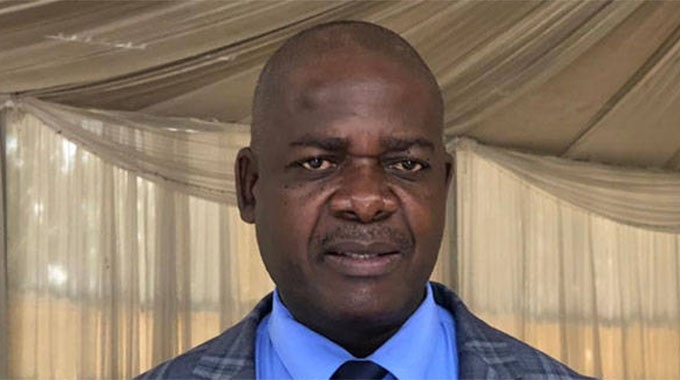31st Cabinet meeting decisions matrix

THIRTY-FIRST MEETING DECISIONS MATRIX:
3 SEPTEMBER, 2019
1. The National Investment Policy
Cabinet considered and approved the proposed National Investment Policy which was presented by the Minister of Industry and Commerce, Chairman of the Cabinet Committee on Industrialisation and Export Development. The policy outlines the country’s strategic investment options and provides a comprehensive framework for the coordination, facilitation, promotion, protection and retention of investment in Zimbabwe in line with Vision 2030 and the Transitional Stabilisation Programme. The objectives of the policy include the following:
to restore and sustain investor confidence through guarantees for investment protection, repatriation of profits, policy consistency and transparency throughout the entire investment management cycle;
to increase the share of private sector investment to a maximum of 25 percent of the GDP by 2030;
to transform Zimbabwe from a resource-based economy to one that promotes value addition, based on the adoption of cutting edge-technologies for higher productivity and competitiveness;
to improve the technology transfer and job-creation scope of the domestic private sector through business linkages with foreign investor enterprises.
2. Aid Coordination Policy
Cabinet considered and approved the Aid Coordination Policy as proposed by the Minister of Finance and Economic Development.
The policy emanated from a review of the Development Cooperation Policy and its accompanying Procedures Manual.
Furthermore, the policy seeks to ensure consistency in public sector interventions through fostering a collaborative approach between Government and development partners on the issue of development assistance to Zimbabwe. Key features of the policy include, inter-alia, the following:
harmonising and aligning the programmes of development partners to national development plans;
enhancing the transparency and predictability of development assistance;
eliminating costly parallel management structures through ensuring the use of country systems and institutions by all development partners;
refocusing aid from projects to programmes and, ultimately, to budget support; and
ensuring that technical assistance is demand-driven, transparent, sustainable and ultimately creates local capacity.
The policy and Procedures Manual will also seek to enhance the sharing of information on development cooperation programmes in the country.
3. Principles of the Health Services Amendment Bill
Cabinet considered the principles of the Health Services Amendment Bill as presented by the Minister of Health and Child Care. Highlights of the amendments include the following:
to designate the Health Services Board as a Health Service Commission;
to provide for the functions of the Health Service Commission and its administration;
to incorporate the basic values and principles governing administration and financial management in the Act;
to designate health service as an essential service and emergency critical care as essential services that should be provided for at all times;
to indicate that a collective job action should be for a well-defined reasonable time, and not for an indefinite period;
that the Health Service Commission should operate on the basis of terms and conditions consistent with those of other essential service commissions.
Cabinet will conclude on the matter at its next sitting.
4. Report on the Special Programme on Irrigation Development
Cabinet considered and approved a proposal for the quick rehabilitation and development of irrigation infrastructure throughout the country, which was presented by the Minister of Lands, Agriculture, Water, Climate and Rural Resettlement.
Under this proposal, Maka Resources, a local manufacturing company, will partner Government in the development of 100 000 hectares for irrigation within the next three years.
The facility will cover both new and existing irrigation schemes, and will target the development of 20 000 hectares of communal land and 80 000 hectares of A1 and A2 land.
The implementation of this programme will increase investment in the irrigation sector, and hence, reduce reliance on rain-fed agriculture.
5. The Country’s Power and Energy Supply Situation
Cabinet received the weekly power and energy supply status report for the country from the Minister of Energy and Power Development.
The minister indicated that, whereas the electricity supply situation had begun to register significant improvement following the resumption of imports from Eskom, the situation recently took a dip owing to the break-down of three electricity generation units at the Hwange Thermal Power Station.
The minister, however, assured Cabinet that the situation should stabilise within a few days’ time since two of the three broken-down units are now expected to return to service soon.
Furthermore, the minister also advised Cabinet that discussions with HCB of Mozambique and ZESCO of Zambia for the provision of additional power imports are ongoing.
The minister expressed hope that the discussions will soon be concluded, thereby further improving the electricity supply situation in the country.
Cabinet also expressed concern over the rampant theft of ZESA power cables and transformers in many parts of the country. Steps are underway to introduce stern measures to deal with all those involved in this heinous crime.











Comments